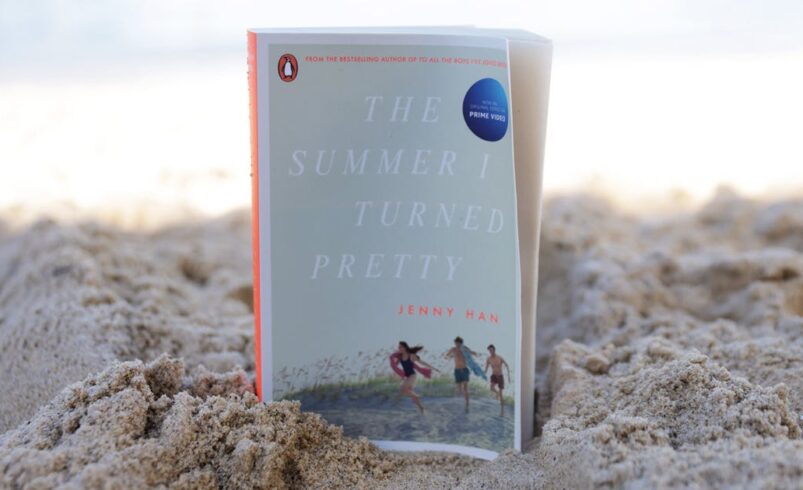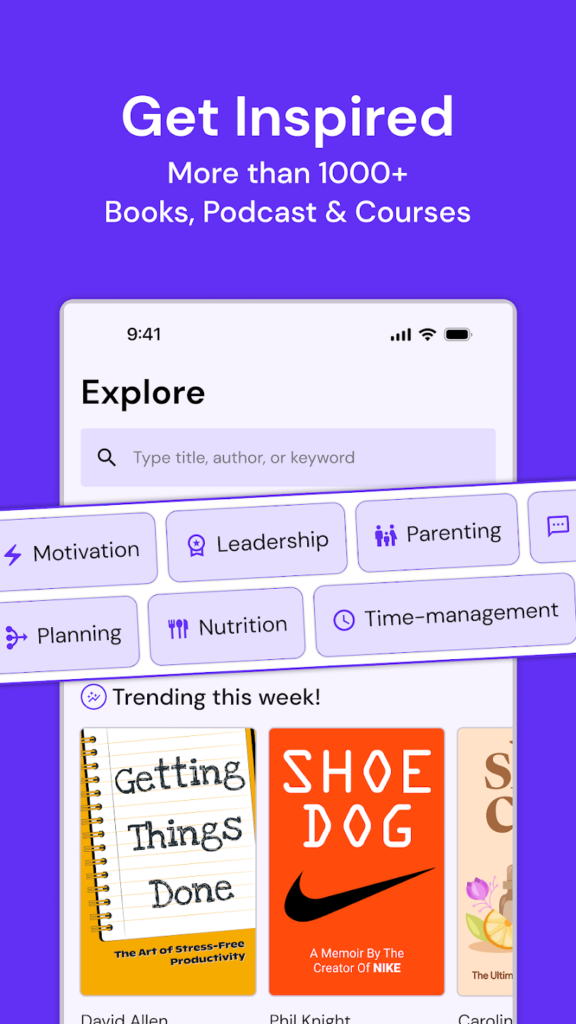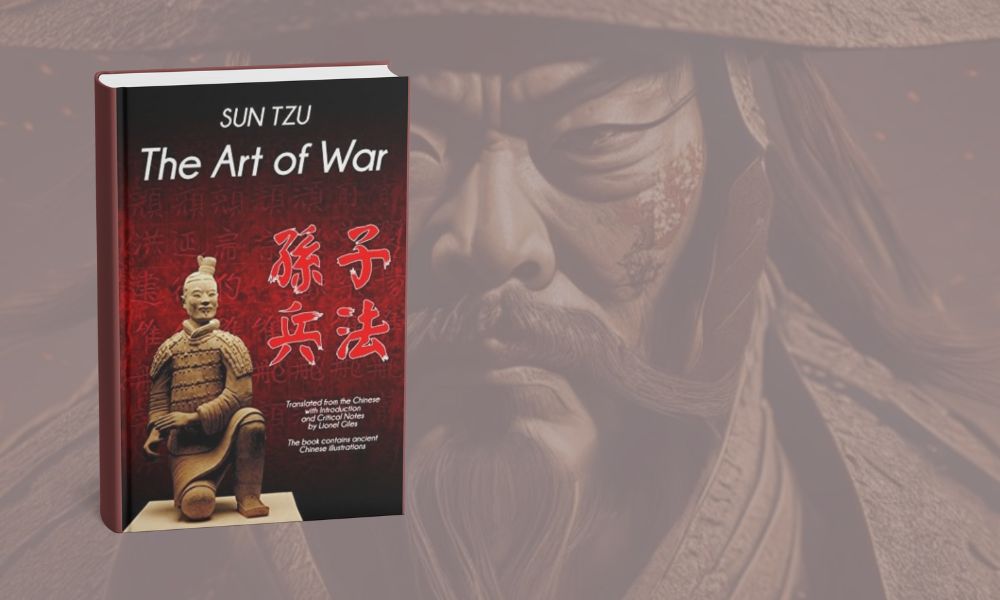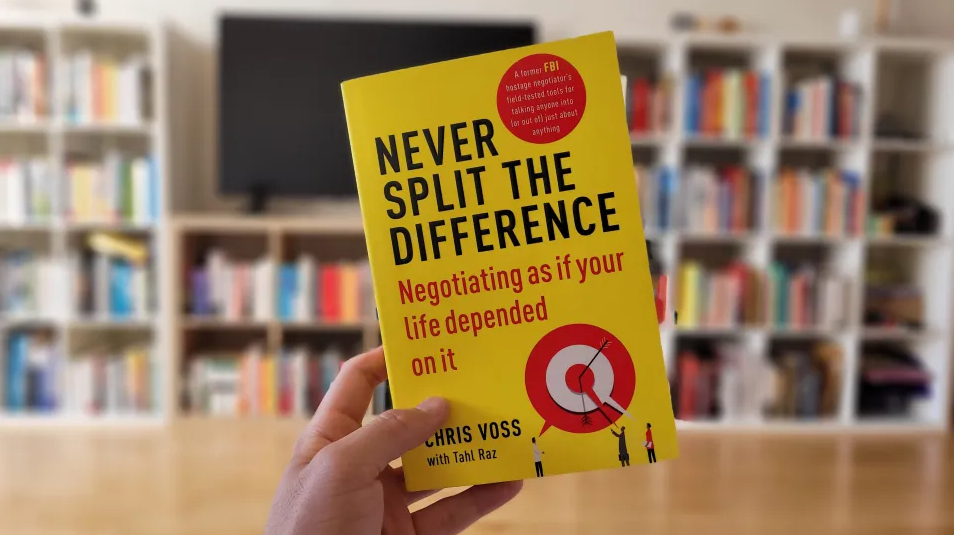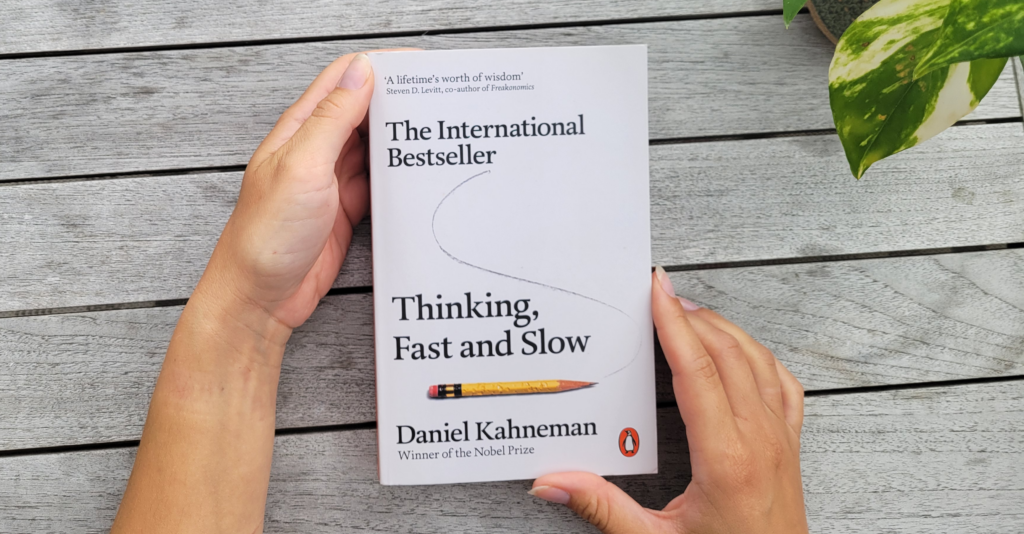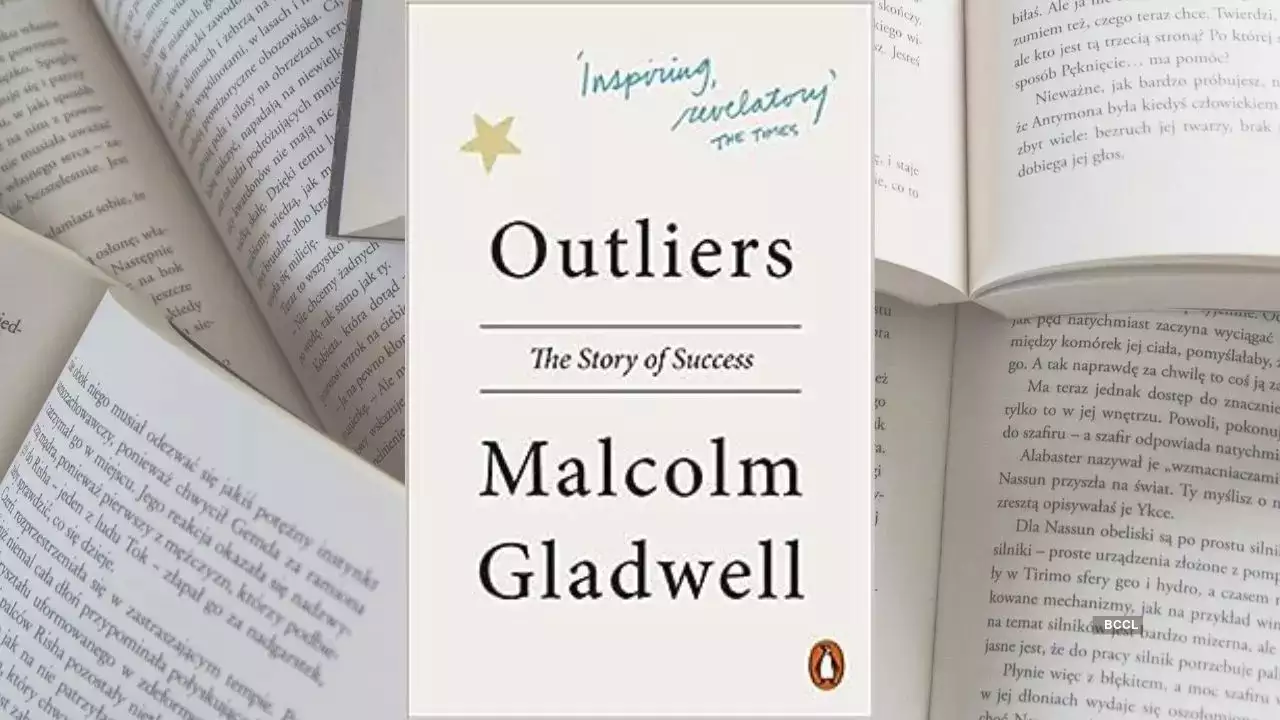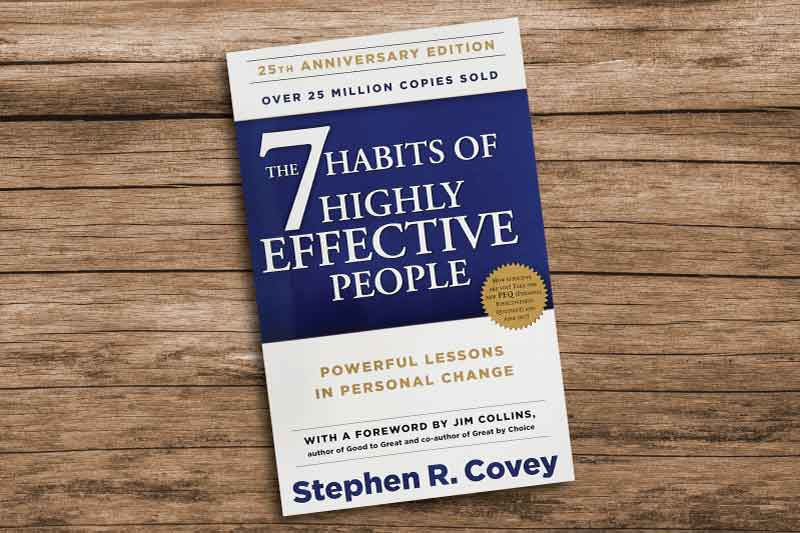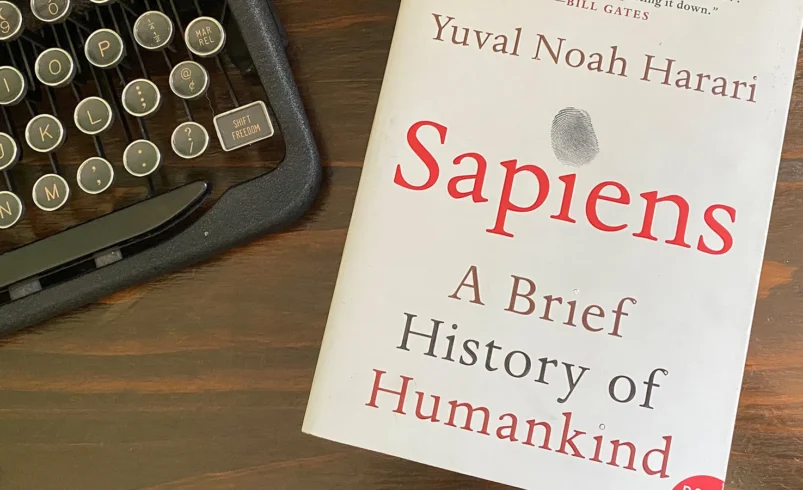
Yuval Noah Harari’s Sapiens: A Brief History of Humankind (2011) is a rollercoaster ride through human history, from our humble beginnings as apes trying to figure out fire, to the high-tech, Wi-Fi-reliant creatures we are today. It’s a fascinating look at how humans evolved, formed societies, and basically took over the world (with a few bumps along the way, like wars and pandemics). Harari’s secret sauce? He makes it all sound so simple and relatable, which is why Sapiens is basically the book equivalent of a TED talk – packed with insights and “Aha!” moments.
What sets Sapiens apart is Harari’s ability to take you through 100,000 years of human history without making you feel like you’re slogging through a textbook. From the cognitive revolution to the agricultural and scientific revolutions, he breaks down the big turning points in history while asking important questions like, “Is all this progress really good for us?” Spoiler alert: he’s not too sure, but that’s for you to decide.
If you devoured Sapiens and are now wandering the Earth, hungry for more books that’ll make you think (and maybe question your existence a little), you’re in luck. I’ve gathered a list of ten books that, like Sapiens, dive deep into humanity, history, and the world around us. So, grab your reading glasses – or audiobook app – and get ready to impress everyone with your newfound knowledge.
Contents
- 1 The Gene: An Intimate History by Siddhartha Mukherjee (2016)
- 2 Guns, Germs, and Steel: The Fates of Human Societies by Jared Diamond (1997)
- 3 The Invention of Nature: Alexander von Humboldt’s New World by Andrea Wulf (2015)
- 4 The Silk Roads: A New History of the World by Peter Frankopan (2015)
- 5 The Sixth Extinction: An Unnatural History by Elizabeth Kolbert (2014)
- 6 Metropolis: A History of Humankind’s Greatest Invention by Ben Wilson (2020)
- 7 Entangled Life: How Fungi Make Our Worlds, Change Our Minds & Shape Our Futures by Merlin Sheldrake (2020)
- 8 The Anarchy: The East India Company, Corporate Violence, and the Pillage of an Empire by William Dalrymple (2019)
- 9 Wind, Sand and Stars by Antoine de Saint-Exupéry (1939)
- 10 Homo Deus: A Brief History of Tomorrow by Yuval Noah Harari (2015)
The Gene: An Intimate History by Siddhartha Mukherjee (2016)
If Sapiens made you curious about how we got here, The Gene will have you wondering why you’ve got Uncle Bob’s wonky nose or why your cousin can’t handle spicy food. In The Gene, Siddhartha Mukherjee takes us on a journey through the history of genetics, starting from humble pea plants all the way to CRISPR and the future of gene editing. He explains how our genes shape not just who we are physically, but also how we behave and even think. It’s like DNA soap opera – twists, turns, and some very controversial characters. If you loved Harari’s discussion on evolution, The Gene digs deep into what makes us us at a microscopic level.
Guns, Germs, and Steel: The Fates of Human Societies by Jared Diamond (1997)
Ever wondered why Europe ended up dominating the world for a hot minute while other civilizations didn’t? Jared Diamond has an answer, and it’s not because one group of people is inherently smarter or more special than another. Nope, it comes down to geography, luck, and some very convenient germs. Guns, Germs, and Steel argues that the rise and fall of civilizations were largely determined by environmental factors – like having the right crops, animals, and the occasional plague to spread around. Diamond’s analysis will give you a whole new way to think about history, minus the colonialist spin. If you liked Harari’s global approach to human development, this one’s a perfect follow-up.
The Invention of Nature: Alexander von Humboldt’s New World by Andrea Wulf (2015)
Alexander von Humboldt might not be a household name like, say, Einstein, but he was kind of a big deal in the science world. In The Invention of Nature, Andrea Wulf tells the story of this brilliant naturalist who changed how we see the environment. Humboldt figured out that everything in nature is connected – long before it became trendy to hug trees. His ideas shaped modern ecology and even inspired a certain Mr. Charles Darwin. If you liked how Sapiens explored humanity’s relationship with the environment, Humboldt’s adventures will remind you just how small we really are in the grand scheme of things.
The Silk Roads: A New History of the World by Peter Frankopan (2015)
Move over, Europe! Peter Frankopan’s The Silk Roads shifts the historical spotlight to the East, focusing on the ancient trade routes that connected Asia, the Middle East, and Europe. This isn’t your typical history lesson where everything revolves around Rome and Greece. Frankopan shows how the Silk Roads were the lifeblood of commerce, culture, and communication between vastly different societies, and how they helped shape the world as we know it. It’s like watching global history unfold through a new lens, where silks, spices, and ideas get traded alongside power struggles and wars. If Sapiens opened your eyes to global history, The Silk Roads will make sure you never look at it the same way again.
The Sixth Extinction: An Unnatural History by Elizabeth Kolbert (2014)
Feeling optimistic about the future? Well, Elizabeth Kolbert might dampen that a bit. The Sixth Extinction is all about how humans are currently triggering a mass extinction event – yes, you read that right. From frogs to coral reefs, species are disappearing at an alarming rate, and Kolbert’s book is both a wake-up call and a grim reminder of what happens when humans tinker with nature too much. If Harari’s take on the Anthropocene in Sapiens piqued your interest, this book will give you a stark (and urgent) look at what our meddling is doing to the planet.
Metropolis: A History of Humankind’s Greatest Invention by Ben Wilson (2020)
Ever looked at a city skyline and thought, “Wow, humans really do love stacking things on top of each other”? Metropolis by Ben Wilson is the ultimate love letter to cities, which he calls humanity’s greatest invention. From ancient Mesopotamia to today’s sprawling urban jungles, Wilson explores how cities have shaped culture, trade, politics, and even our ideas of community. If you were fascinated by how Sapiens traced the development of human society, Metropolis will show you how cities became the engines driving human progress.

Entangled Life: How Fungi Make Our Worlds, Change Our Minds & Shape Our Futures by Merlin Sheldrake (2020)
Did you know that fungi might be the real rulers of the world? In Entangled Life, Merlin Sheldrake dives into the weird, wonderful, and incredibly important world of fungi. These organisms hold ecosystems together, affect human biology, and even change the way plants grow. Who knew mushrooms were so powerful? This book will make you rethink everything you thought you knew about life on Earth. If you liked how Sapiens highlighted the invisible threads connecting human life, Entangled Life will open your eyes to the mind-boggling complexity of the fungal kingdom.
The Anarchy: The East India Company, Corporate Violence, and the Pillage of an Empire by William Dalrymple (2019)
Think modern corporations are bad? Wait until you read about the East India Company. In The Anarchy, William Dalrymple chronicles how a humble British trading company became a corporate juggernaut that conquered and exploited large parts of India. It’s a jaw-dropping story of corporate greed, power, and violence. Fans of Sapiens will appreciate how this book looks at the darker side of globalisation and corporate influence on history.
Wind, Sand and Stars by Antoine de Saint-Exupéry (1939)
Part adventure, part philosophical musings, Wind, Sand and Stars is a classic that reflects on life, humanity, and our place in the universe – all through the eyes of a pilot flying over the Sahara. Antoine de Saint-Exupéry’s memoir is beautifully written and deeply introspective, offering profound insights about life and the human condition. If you enjoyed the philosophical undertones in Sapiens, this book will strike a similar chord with its poetic reflections on life.
Homo Deus: A Brief History of Tomorrow by Yuval Noah Harari (2015)
You’ve read Sapiens, now it’s time to peek into the future. In Homo Deus, Harari takes a speculative look at where humanity might be headed, exploring the implications of artificial intelligence, biotechnology, and immortality. If you’re curious about what comes after Homo sapiens, this book is the natural next step after Sapiens. It’s like Sapiens, but with robots and gene-editing – what could go wrong?
And that concludes this list. These books will not only expand your mind but also make you the most interesting person at any party (well, at least the ones where people appreciate deep conversations about history and fungi).
If you want to get the gist of these without committing to full reads, check out the Wizdom app, where you can find bite-sized summaries that’ll have you sounding like a genius in no time!

Zia Hawwa
Currently pursuing a Degree in Criminology, Zia’s passions lie in the world of literature and the human psyche. She loves what the world has to offer, and is always on the journey of satisfying her curiosity.
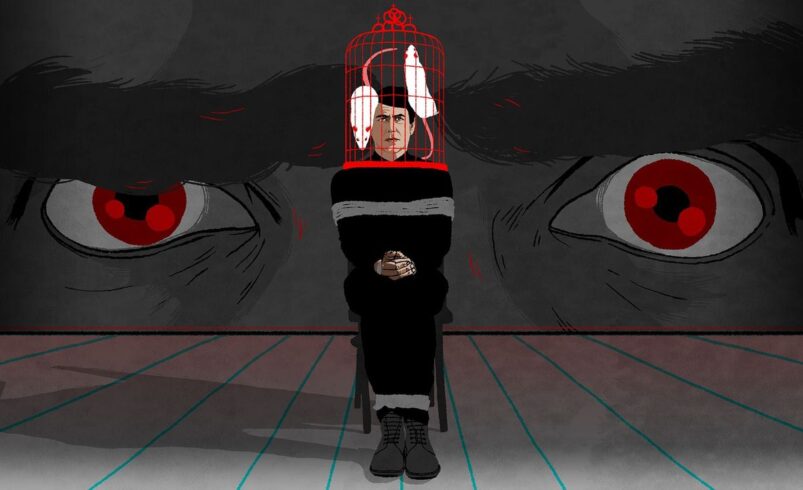
Top 10 Books like 1984
Recent Posts
- 25 Top Quotes from The 10X Rule to Supercharge Your Ambition
- 10 Books You Must Read to Succeed in Your Career
- 30 Little Tricks for Big Success in Relationships
- 25 Life-Changing Self-Help Books to Read This December: Boost Your Mood and Your Mind
- 25 Amazing Self-Care Tips for December: Wrap Yourself in Joy, Not Stress

